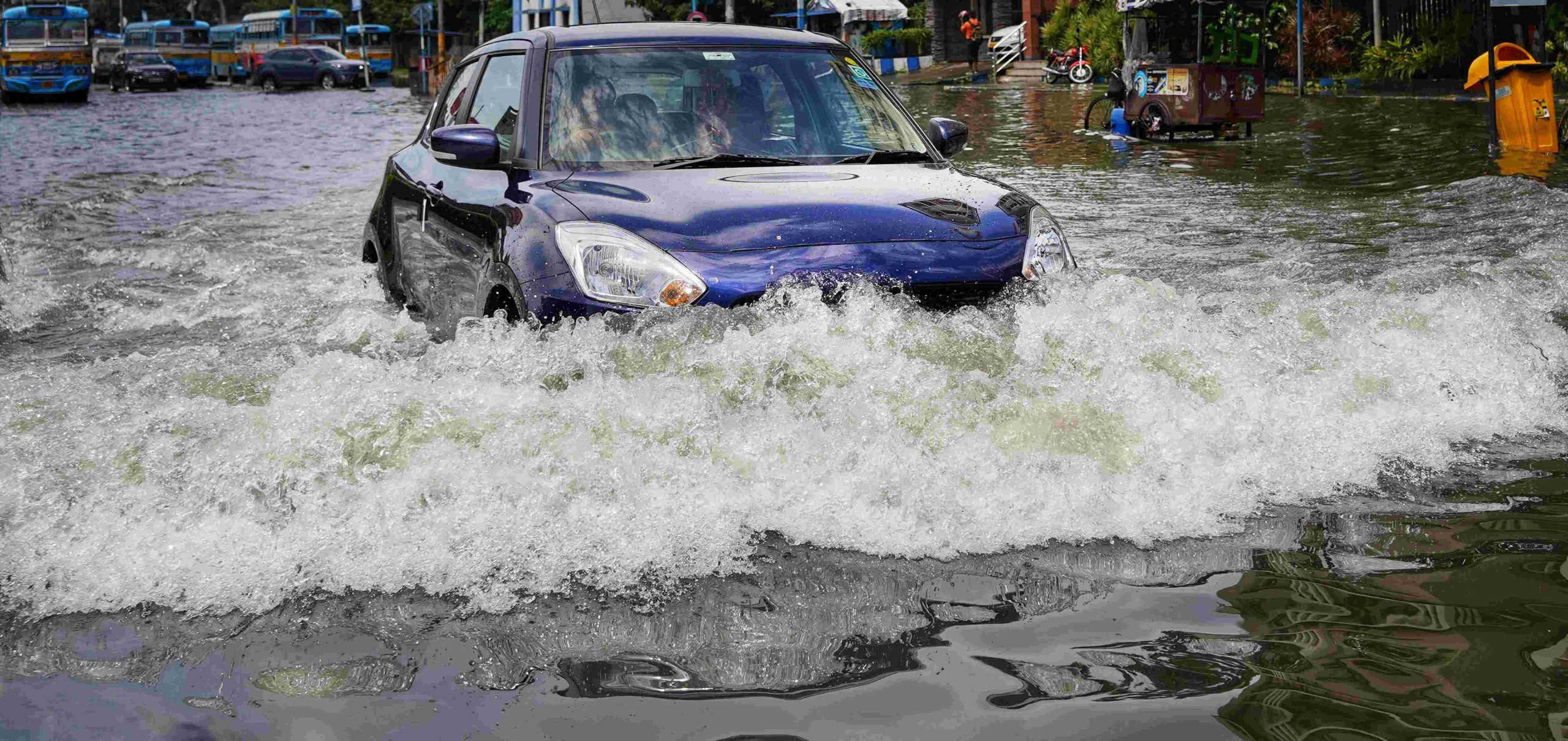
Buying a used car in Texas can be risky, especially after hurricanes or severe storms. Flood-damaged vehicles often re-enter the market with hidden issues, posing safety risks and significant repair costs for unsuspecting buyers. Conducting a Texas DMV license plate lookup is an essential step to avoid purchasing a car with a questionable history.
The Threat of Flood-Damaged Cars in Texas
Texas is occasionally impacted by hurricanes, flash floods, and other extreme weather events (with an average annual rate of 0.8 tropical storms or hurricanes). During Hurricane Harvey, the Texas attorney general warned that between 500,000 and 1 million vehicles were submerged, many of which were later resold in the used car market.
Some of the most common issues associated with flood-damaged vehicles include:
Electrical System Failures
Floodwater can wreak havoc on a car’s electrical system, leading to short circuits and malfunctions. Critical components like the wiring harness, sensors, and onboard computers are especially vulnerable to corrosion. These issues can result in faulty airbags, unreliable power windows, and malfunctioning lights, making the vehicle unsafe to operate.
Corroded Components
Flood exposure quickly leads to rust on metal parts, particularly in the engine, transmission, exhaust system, and suspension. This corrosion weakens the vehicle’s structure, accelerates wear, and increases repair costs, significantly shortening its lifespan.
Mold and Mildew Issues
Floodwater often seeps into a car’s upholstery, carpets, and interior, creating ideal conditions for mold and mildew to thrive. This not only produces unpleasant odors but can also trigger respiratory issues for passengers. Once mold takes hold, it is difficult to eliminate and can cause long-term damage to the interior.
Engine and Transmission Damage
Floodwater can ruin essential components like the engine and transmission. If water enters the engine through the intake, it can cause the engine to seize. Contaminated transmission fluid can also lead to major damage, making the vehicle unreliable and shortening its lifespan.
The Risk of Unscrupulous Sellers
Some sellers try to hide a car’s flood-damage history by cleaning it up and replacing parts to mask the problem. These vehicles may appear fine at first, but hidden issues often emerge later, leaving buyers with expensive repair bills that could exceed the car’s value.
How a License Plate Lookup Helps
Using a Texas license plate search can reveal a vehicle’s history, including critical details like:
- Flood Titles or Salvage Titles: These titles indicate that a vehicle has been involved in significant damage, such as from flooding or accidents. Vehicles with flood titles may have sustained long-term damage to critical components, posing safety risks.
- Insurance Claims for Flood Damage: A license plate lookup can uncover past insurance claims filed for flood-related damage, which may not be immediately visible in the vehicle’s exterior appearance.
- Prior Registration in Flood-Prone Areas: Knowing if a vehicle was previously registered in a flood-prone region can help assess its exposure to environmental damage.
- Accident History: The tool provides detailed accident reports, helping you assess the vehicle’s overall structural integrity. Previous collisions or damage can impact the car’s safety and value.
- Mileage History and Odometer Rollbacks: You can verify whether a vehicle’s mileage has been tampered with, which is a common tactic used by fraudulent sellers to increase a vehicle’s value.
- Title and Sales Information: This includes details of past sales transactions and whether the vehicle has ever been marked as a lemon, salvaged, or reported as stolen.
- Recalls and Safety Issues: You can check whether a car has any outstanding recalls or known safety issues that need addressing.
- Service History: A lookup may reveal the vehicle’s maintenance and repair history, providing insight into its long-term care and possible recurring issues.
With a free license plate check, you can access this information quickly and protect yourself from potential scams. This simple step can save you thousands of dollars in repairs and ensure the safety of your vehicle.
Avoiding Risks with Flood-Damaged Cars
Here are practical tips to avoid purchasing a flood-damaged car in Texas:
- Conduct a Free License Plate Lookup: Use our tool to check for flood or salvage titles before making a purchase. Avoid flood-damaged cars with a free license plate lookup in Texas.
- Inspect for Red Flags: Look for signs of flood damage, such as water stains, musty odors, or uneven wear on interior components.
- Check the Fluid Levels: Flooded cars may have contaminated fluids. When inspecting the car, check the transmission, brake fluid, and engine oil for discoloration or contamination.
- Verify Title and Ownership: Ensure the title is clean and confirm ownership records. Flood-damaged cars often come with rebuilt or salvage titles, limiting resale value and safety.
- Get a Professional Inspection: Have a trusted mechanic inspect the car before buying. They can identify signs of flood damage that may not be immediately visible and check for past repairs or water exposure.
- Be Cautious with Auctions and Private Sellers: Flooded cars are sometimes sold through auctions or private sales. Exercise caution and conduct thorough research before purchasing from these sources.
- Research the Seller’s Reputation:When buying from private sellers, auctions, or dealerships, investigate their reputation. Sellers with a history of selling vehicles with unclear titles or damage may be more likely to sell flood-damaged cars. Read reviews, check ratings, and ensure transparency about the vehicle’s history.
Don’t let a flood-damaged vehicle ruin your investment—stay informed and stay safe! Look up license plates across the U.S. with our free license plate check.